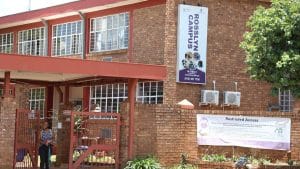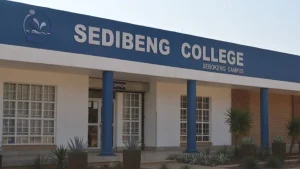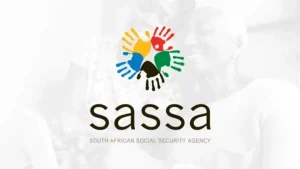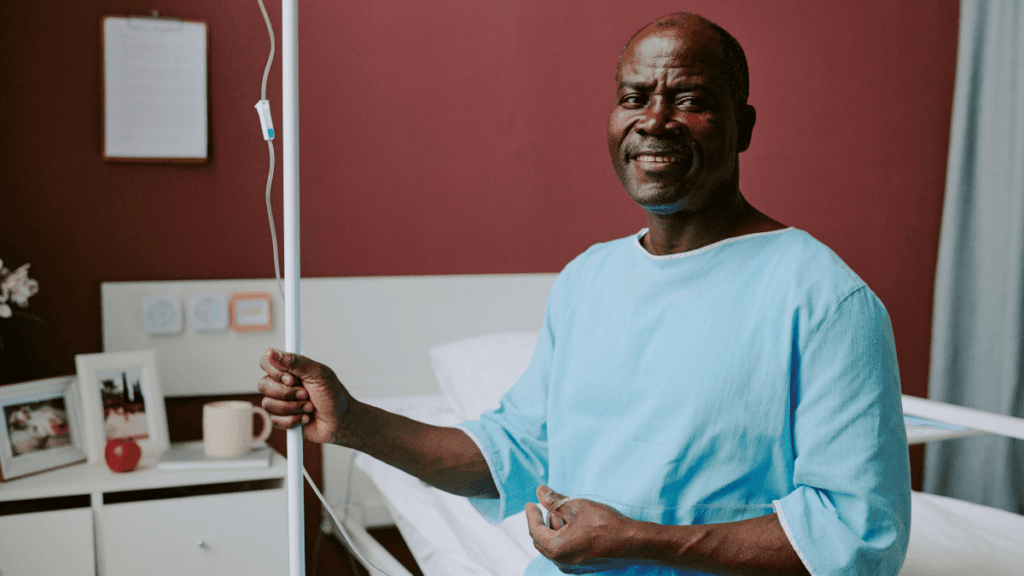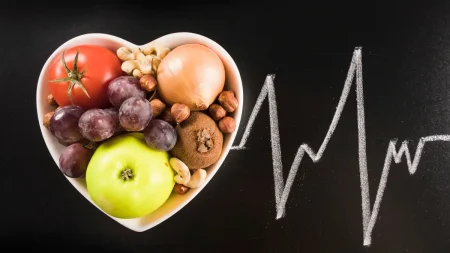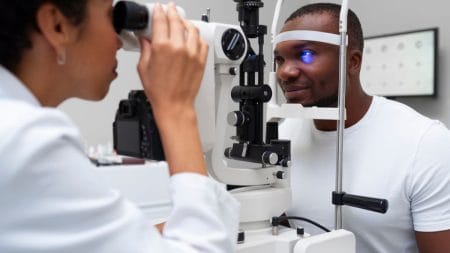Access to healthcare is a fundamental human right, and South Africa’s Constitution emphasizes this by guaranteeing everyone the right to access healthcare services. However, when it comes to visiting public clinics in South Africa, many people wonder whether a South African ID is necessary to receive treatment.
This article explores the requirements for accessing services at public clinics, focusing on emergencies, non-emergency cases, and special circumstances.
Healthcare Access in South Africa
Public healthcare facilities in South Africa cater to a broad range of individuals, including South African citizens, refugees, asylum seekers, and even undocumented individuals. These facilities are essential for providing affordable healthcare, especially for low-income households.
Emergency Medical Treatment: No ID Required
In South Africa, no one can be denied emergency medical treatment due to a lack of identification. Public clinics and hospitals are legally required to provide immediate care to all individuals, regardless of their nationality or documentation status.
What qualifies as an emergency?
- Severe injuries or trauma
- Life-threatening conditions
- Complications during childbirth
- Critical illness that requires urgent intervention
In these cases, healthcare providers prioritize saving lives over administrative formalities. This means that even if you do not have a South African ID or any other form of identification, you will still receive treatment.
Non-Emergency Services: Identification May Be Requested
For non-urgent medical services, public clinics typically request some form of identification. This can include:
- A South African ID
- A passport (for foreign nationals)
- Refugee or asylum seeker documentation
- Any official government-issued identification
The reason for requiring ID is to:
- Maintain accurate patient records.
- Ensure proper allocation of resources.
- Prevent abuse of free healthcare services.
While having a South African ID simplifies the process, clinics are generally understanding of unique circumstances and may still provide care if you explain your situation.
Read More: Local Clinics: Top 5 Free Services You Can Access
Special Cases Where IDs May Not Be Needed
1. Pregnant Women and Children
The South African government ensures free healthcare for:
- Pregnant and breastfeeding women
- Children under the age of six
These groups are entitled to free medical services at public clinics and hospitals, regardless of their documentation status. Identification may be helpful for record-keeping, but it is not strictly necessary.
2. HIV and TB Services
South Africa provides free treatment for HIV and tuberculosis (TB) to everyone, including undocumented individuals and foreign nationals. This is part of the country’s effort to curb the spread of these diseases and ensure public health.
While identification may be requested for proper documentation, clinics cannot deny treatment due to a lack of South African ID.
Healthcare Access for Foreign Nationals
Foreign nationals, including refugees and asylum seekers, have the right to access public healthcare services in South Africa. The facilities may request documentation such as:
- Passports
- Refugee or asylum seeker permits
- Temporary residence permits
However, even if these documents are unavailable, especially in emergencies, healthcare services must still be provided. It is important to note that while some services are free, others may incur costs based on an individual’s financial circumstances.
What to Do If You Don’t Have a South African ID
If you do not have a South African ID or any other form of identification:
- Explain your situation to the clinic staff. Public healthcare workers are trained to assist individuals in need.
- Provide alternative forms of identification, such as a school card, clinic card, or affidavit.
- Request assistance from social workers or non-governmental organizations (NGOs) that support undocumented individuals.
Common Challenges
Despite the policies in place, individuals without proper identification may face challenges, such as:
- Long waiting times due to administrative delays
- Miscommunication about their rights
- Limited access to certain specialized services
To address these issues, it’s important to advocate for your rights and seek support from community organizations.
While having a South African ID or any form of identification makes accessing public clinic services easier, it is not a strict requirement in emergencies or for certain essential services. South Africa’s public healthcare system is designed to prioritize the well-being of all individuals within its borders, ensuring that no one is denied care due to a lack of documentation.
If you or someone you know is unsure about accessing healthcare, remember that public clinics are there to help. Don’t hesitate to reach out for the medical assistance you need.


